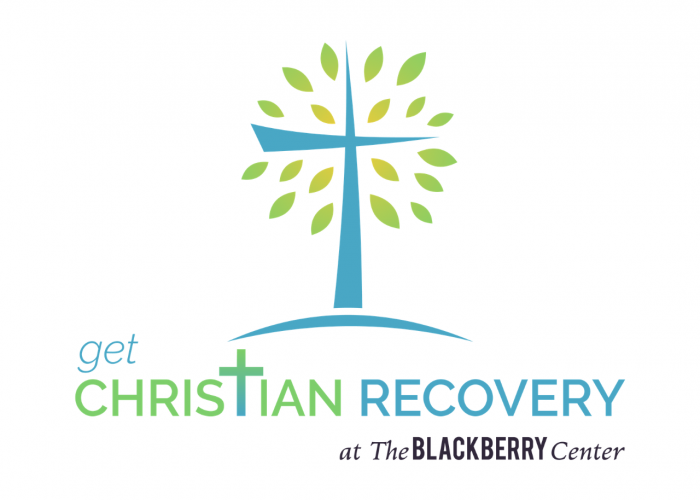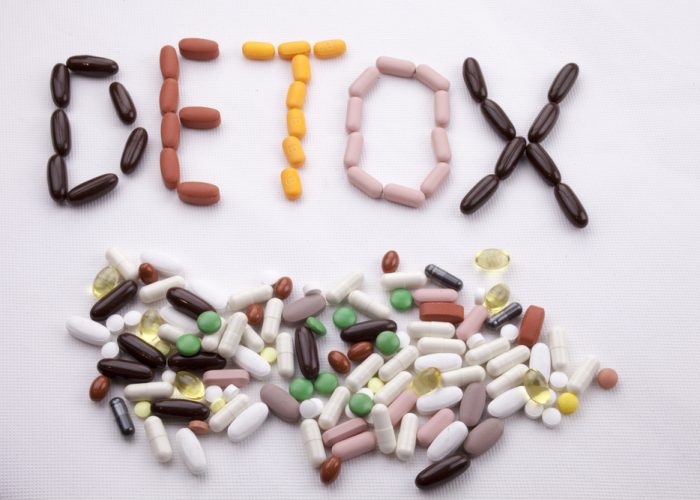Addiction is a severe mental illness, although it can be hard for addicts to see that. That’s why 23.5 million Americans suffer from this chronic disease. If someone you love is living with a substance use disorder, you may notice certain trends in their thinking. These include the stages of addiction denial. Oftentimes, people come to understand and cope with their addictions through these stages.
While there are a few different ways that people experience addiction denial, they tend to follow similar paths to acceptance. In this article, we’ll take a look at this recovery process and how people go from denial to long-term recovery.
Table of Contents
Type A and Type B Denial

The stages of addiction denial are usually broken down into two types: type A and type B. Which type of denial your loved one has will influence how they view their addiction and how they can start on the path to seek treatment.
Type A Denial
People with Type A denial understand that they have a problem. But when someone asks whether or not they have an addiction, they will deny it. They lie to others rather than themselves.
Type B Denial
On the other hand, people with Type B denial genuinely do not believe that they have an addiction. Even though their life might be heavily affected by their addiction, they find a way to rationalize and justify their behavior. Unlike with Type A denial, the person in Type B denial is lying to themselves instead of others.
The 3 Stages of Addiction Denial

Regardless of what type of denial your loved one has, they will still move through the same stages of addiction denial. How they navigate these stages will be different, though. Read on to see how different people experience these three stages.
Stage One Denial
In the first stage, the person does not feel that they have an addiction. This makes sense for a person with Type B denial, but it looks a little different for a person with Type A denial. For these people, they understand that they have some sort of substance abuse problem, but they will justify it by believing that they are not chemically addicted.
The solution to stage one denial is education. Your loved one needs to understand exactly what an addict is and, most importantly, that they fit that description. There is a misconception that all people with substance use disorders are homeless and destitute, but the reality is very different. Anyone can be an addict, and realizing this is how people move toward stage two.
Stage Two Denial
After realizing that they are an addict in stage one, a person will enter professional addiction treatment. However, their denial may return after leaving treatment, and they deny that there is a point in staying sober. At this stage of denial, they have started the recovery process, but do not stick with it after finishing a treatment program.
Unfortunately, many people get stuck in this stage of denial for a long time. The solution is to accept the need for a higher power to overcome addiction to drugs or alcohol. By accepting that they are powerless over their addiction, people are able to move out of the second stage of denial. Many people move through this stage by going to treatment centers that follow the 12 steps. Following that, they may regularly start attending 12-step meetings.
Stage Three Denial
In the third and final stage of denial, the person has accepted that they are an addict and that they need a higher power, but they deny that they need to go to any lengths to maintain their sobriety. For these people, things like friendships or jobs are just as important as sobriety, and this mindset leads to relapse.
Generally, a person will either progress with the recovery process and commit to a 12-step program, or they will lose interest in the program, focus on other concerns, and eventually relapse. Either way, very few people are in the third stage of denial for long. The best thing that you can do to support your loved one in this stage is to encourage them to stay involved in their addiction recovery program. Remind them how much better their life is now that they’re sober and encourage them to make sobriety their main priority.
Get Them Through the Stages of Addiction Denial
Before your loved one can stay sober, they first have to move through these stages of denial. It can be hard, and many people will go through the same phase multiple times. Be as patient and supportive as you can. The recovery process is different for everyone, but having people who are encouraging you to get and stay sober is always a big help.
We Can Help You
The Christian Recovery Program at The Blackberry Center in St. Cloud, Florida specializes in dealing with the rooted issues underlying substance use, abuse, addiction, and codependency. While we are committed to Christ-centered treatment approach, we utilize doctors and professional specialists to complement that faith-based care. It is our utmost desire to provide a safe atmosphere where people feel the love of Jesus and each other. In addition, our clinical staff is trained with the highest standards that relate to trauma and deeper-rooted issues.
Reach out to us today by calling 1-844-232-6151 or filling out this contact form.




